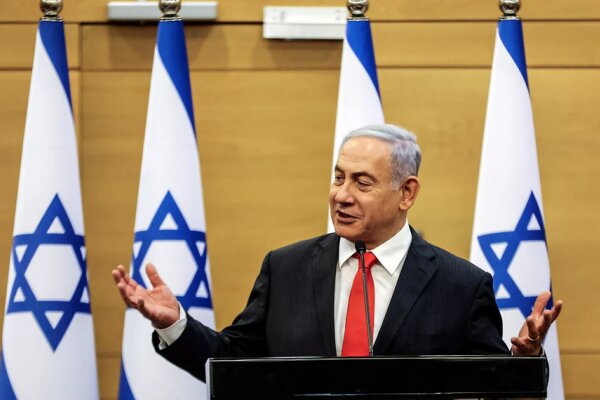Speaking in an interview with the website of the Strategic Council on Foreign Relations, Mansoor Barati explained: The votes the two parties from the opposition faction, that is to say the Yair Lapid faction, were slightly below the quorum; in other words, one of the main reasons for the increase in the number of votes of Netanyahu and his bloc was that the left-wing Meretz Party and the Balad Arab Party fell below the electoral threshold.
Regarding Netanyahu’s possible policies toward Iran, Barati said: Netanyahu’s policies regarding Iran have few characteristics compared to the previous government, that is to say the government of Yair Lapid, primarily the new prime minister’s policy is more unilateral than the current one who is in his final days, and secondly, Netanyahu’s coordination with his Western allies, Europe and the United States, will be much less than the current government.
He continued: Netanyahu has less faith that his policies toward Iran should be endorsed by the United States and Europe, nor does he believe much in coordination with Tel Aviv’s Western allies over his confrontation with Iran.
Saying that Netanyahu is making more efforts to build international consensus against Iran and on global and regional issues than Lapid and Bennett, the researcher added: It seems that during Netanyahu’s new premiership, terror and cyberattacks on Iran will be less on the agenda and more attention will be paid to the Axis of Resistance.
The researcher on the Zionist regime’s affairs explained on the relations with the European Union and the United States, especially joe Biden’s administration, and said: It is expected that there will be not much warm relations between the two sides, and especially as long as Biden is in the White House, the same situation will continue.
According to Barati, Biden’s relationship with Bennett and Lapid was much better than the relation that would be shaped under Netanyahu.
On this issue, he pointed to the rise to power of the far-right Religious Zionist Party, saying: As of now, Jewish groups in the U.S. and the Biden administration, as well as some European and Arab governments, have warned against the rise to power of the far-right Religious Zionist Party. The party is a major ally of Netanyahu, and some ministries, including possibly the Defense Ministry, are expected to be handed over to the party. This comes as the far-right’s rise to power overshadows and troubles cooperation with the West and Arab countries.
The researcher of the Jaraian research center, referring to the follow up of Ibrahim Agreement, the legacy of Netanyahu himself, noted: This policy is expected to be pursued more quickly and aggressively under Netanyahu, because this initiative was launched by Netanyahu himself. He also had promised in the election campaigns that in case he would become the prime minister, he would normalize the Zionist regime’s relationship with Saudi Arabia.
He added: Of course, the agreement was also pursued by the governments of Bennett and Lapid after Netanyahu’s nearly two years in power, and the Zionist regime’s embassies in Bahrain and the UAE were established in that period.










0 Comments